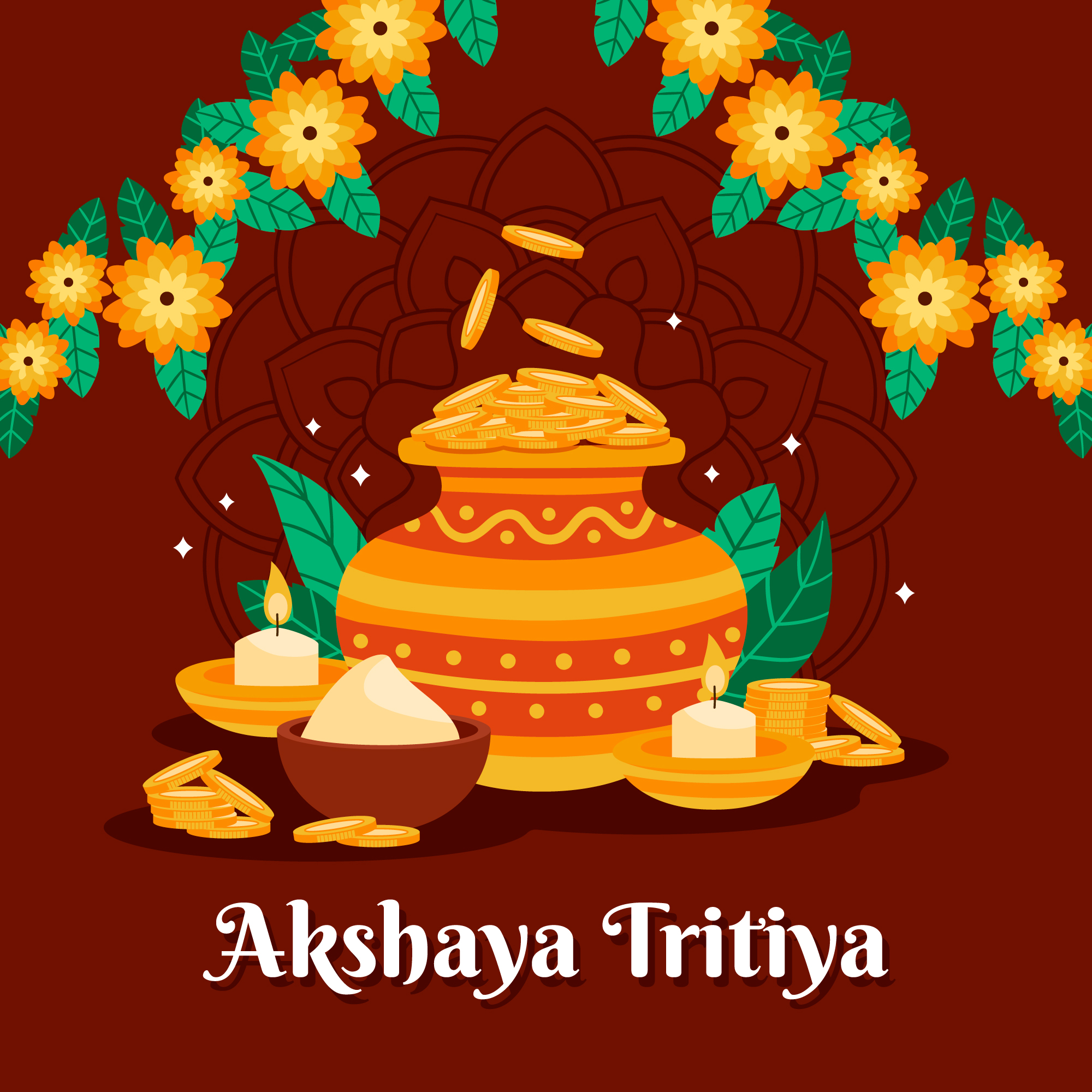Agrawau: Exploring the Legacy and Significance of the Agrawal Community

The Agrawal community, often referred to as “Agrawau” in various dialects, is one of the most prominent and historically significant groups in India. Known for their entrepreneurial spirit, cultural heritage, and contributions to various fields, the Agrawals have carved out a unique place in Indian society. This article delves into the origins, cultural traditions, and the enduring legacy of the Agrawal community, providing insights into what makes this group so influential.
Origins of the Agrawal Community
The Agrawal community traces its origins to the legendary king Agrasen, who is believed to have founded the Agrawal dynasty in ancient India. According to folklore, Agrasen was a king of the Solar Dynasty who ruled over the prosperous kingdom of Agroha, located in modern-day Haryana. His rule is said to have been marked by prosperity, peace, and social justice. Agrawau.
King Agrasen is credited with laying the foundation for the Agrawal community’s values, particularly in the areas of trade and commerce. It is believed that he divided his kingdom into 18 clans, each named after his descendants. These clans, known as “Gotras,” are still recognized and play a significant role in the social structure of the Agrawal community today.
Cultural Traditions and Practices
The Agrawal community is rich in cultural traditions that have been passed down through generations. These traditions reflect the community’s values of family, education, and economic independence. Some key aspects of Agrawal culture include:
1. Gotra System
As mentioned earlier, the Agrawal community is divided into 18 Gotras, each associated with a particular lineage. The Gotra system plays an important role in marriage customs, as members of the same Gotra are considered to be of the same lineage and are therefore not permitted to marry within the same Gotra.
2. Festivals and Celebrations
The Agrawal community celebrates various festivals with great enthusiasm. Diwali, the festival of lights, is particularly significant as it is believed that King Agrasen initiated the practice of celebrating Diwali. Other important festivals include Holi, Raksha Bandhan, and Agrasen Jayanti, which honors the birth of King Agrasen. Agrawau.
3. Wedding Traditions
Agrawal weddings are elaborate and deeply rooted in tradition. The ceremonies often include rituals that emphasize the importance of family, community, and the sanctity of marriage. The exchange of gifts, the application of turmeric (Haldi) to the bride and groom, and the Saat Phere (seven rounds around the sacred fire) are integral parts of the wedding ceremony.
4. Philanthropy and Social Responsibility
Philanthropy is a cornerstone of Agrawal culture. Many members of the community are known for their charitable work and contributions to society. This tradition of giving back is believed to be inspired by King Agrasen’s philosophy of “Vasudhaiva Kutumbakam” (the world is one family) and his efforts to create a society based on equality and fairness.
Economic Influence and Entrepreneurship
One of the most defining characteristics of the Agrawal community is its strong tradition of entrepreneurship. Agrawals have been at the forefront of trade and commerce in India for centuries. Historically, they have been involved in various businesses, ranging from small-scale trade to large industries.
The community’s success in business can be attributed to its strong work ethic, risk-taking ability, and emphasis on education. Many Agrawals have established successful enterprises across diverse sectors, including textiles, manufacturing, finance, and technology. Their contributions to the Indian economy are significant, and they continue to play a vital role in the country’s business landscape.
Notable Agrawal Personalities
Over the years, many Agrawals have risen to prominence in various fields, including business, politics, and social work. Some notable personalities include:
- Lala Lajpat Rai: A freedom fighter and prominent leader in the Indian independence movement, Lala Lajpat Rai was an Agrawal who played a crucial role in shaping modern India.
- Ghanshyam Das Birla: A pioneering industrialist, G.D. Birla was one of the key figures in India’s industrialization. He was also a close associate of Mahatma Gandhi and played a significant role in the Indian independence struggle.
- Seth Shiv Narayan Birla: The founder of the Birla Group, one of India’s largest business conglomerates, Seth Shiv Narayan Birla laid the foundation for what would become a global business empire.
The Agrawal Community Today
Today, the Agrawal community continues to thrive, with members contributing to various sectors both in India and abroad. The community remains deeply connected to its roots, upholding the values and traditions passed down from their ancestors.
Agrawals are also actively involved in social and cultural organizations that promote their heritage and work towards the betterment of society. These organizations often focus on education, healthcare, and social welfare, reflecting the community’s commitment to social responsibility. Agrawau.
Conclusion
The Agrawal community, or “Agrawau,” as it is often referred to, has a rich history and a legacy of success in various fields. From their origins with King Agrasen to their contributions to India’s economic growth, the Agrawals have played a significant role in shaping the nation’s cultural and economic landscape. Their commitment to tradition, entrepreneurship, and social responsibility continues to define the community today, making them a respected and influential group within Indian society.
FAQs
1. Who was King Agrasen?
King Agrasen was a legendary king of Agroha, credited with founding the Agrawal community and promoting principles of equality and social justice.
2. What is the significance of Gotras in the Agrawal community?
Gotras represent lineages within the Agrawal community and play a crucial role in marriage customs, as marrying within the same Gotra is not permitted.
3. What are some major festivals celebrated by the Agrawal community?
Major festivals include Diwali, Holi, Raksha Bandhan, and Agrasen Jayanti, with Diwali being particularly significant.
4. How has the Agrawal community contributed to India’s economy?
The Agrawal community has a strong tradition of entrepreneurship, with significant contributions to trade, industry, and finance in India.
5. Who are some notable figures from the Agrawal community?
Notable Agrawals include freedom fighter Lala Lajpat Rai, industrialist G.D. Birla, and business magnate Seth Shiv Narayan Birla.






